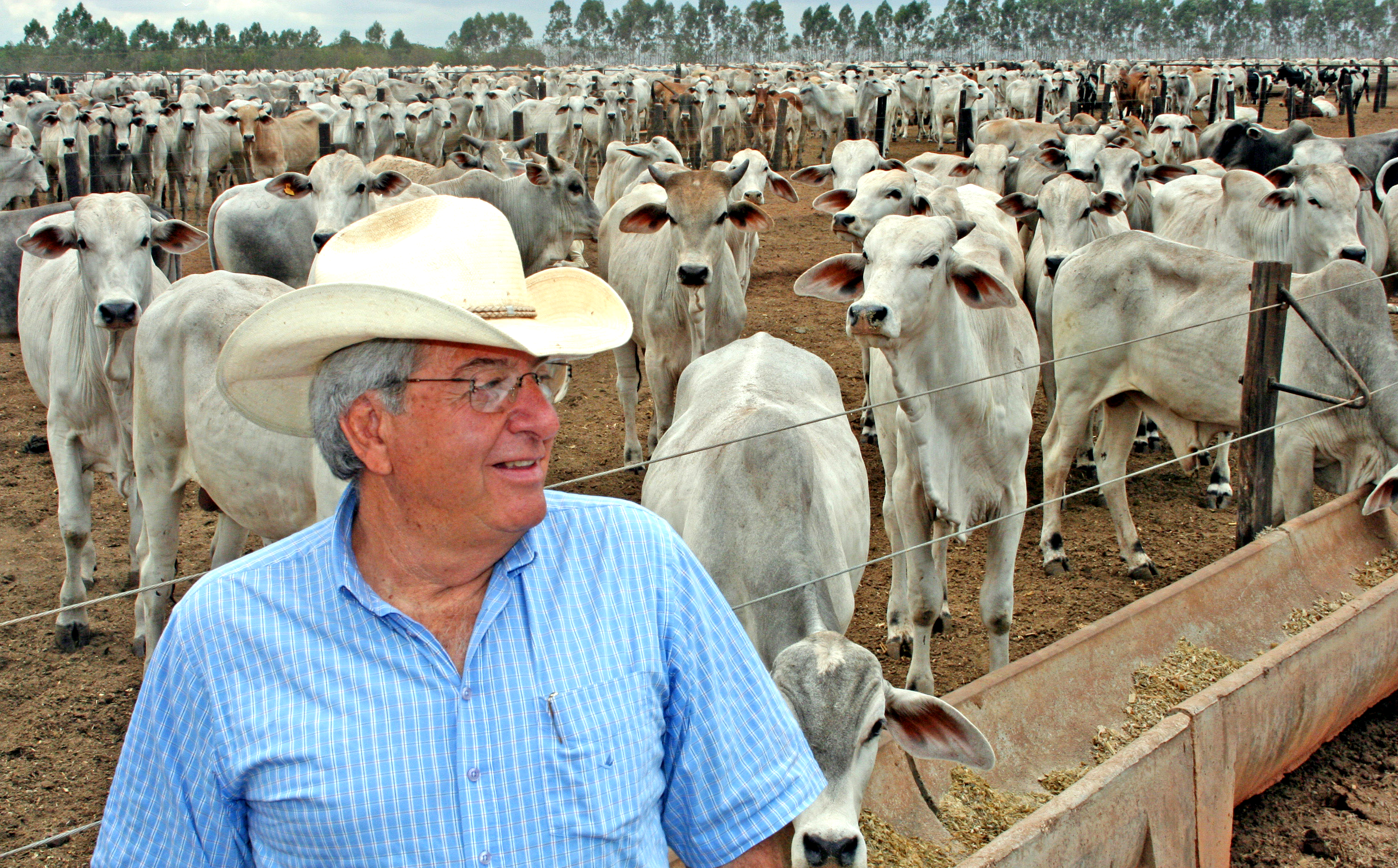
The meat industry plays a vital role in many first-world economies and accounts for a large portion of developed nation’s dietary regime. Despite the perceived importance of meat in society, it continues to contribute heavily to the pollution of the atmosphere and the growth of world hunger.
It is clear to see that staggering amounts of pollution come from the meat industry. In fact, animal agriculture represents 37 percent of human-based methane emissions. Out of the three biggest meat industries, beef, pork and chicken, beef generates the most pollution. Cows are the only animals harvested for consumption that produce methane. Furthermore, beef’s production requires 28 times more land, 6 times more fertilizer, and 11 times more water than what pork and chicken require. The beef industry also releases 4 times more greenhouse gases than pork, and 5 times more than chicken. A vast majority of the population believes that the consumption of beef is paramount in receiving vital nutrients like iron and protein. On the contrary, most nutrients found in beef also exist in vegetables, such as spinach and broccoli. Consumers can cut back, or even eliminate, their consumption of beef while also receiving the same nutrients from other, more environmentally conscious, sources.
The environmental threat that the meat industry poses comes from its farming practices. Studies from the World Bank found that the agriculture industry is responsible for 90 percent of the deforestation occurring in the Amazon rain forests. This comes from relaxed government policies regarding meat monopolies that use the deforested land to increase their pastureland. Furthermore, animal agriculture consumes 55 trillion gallons of water annually. Comparatively, that is about five thousand gallons for every pound of beef. This water could go towards helping those in developing countries or resolving drought epidemics across the globe, but instead it goes towards cultivating an industry that only further plunges the world into disease, poverty and destruction.
The meat industry also heavily contributes to world hunger. Like it or not, the politics of today revolve around the success and failure of large corporations and monopolies. Companies like Tyson, Swift, Cargill and JBS cornered the meat production market and now sit at the top of an agricultural empire. They control the companies who grow the seed, sell the grain and exploit the land. While the ability to trace the root of the problem is an easy enough task, solving the problem on an individual, grassroots level is nearly impossible. This relates to world hunger in that these companies use their resources to hoard food products and farmland that could benefit towards those in need.
In 2011, grain production peaked 2.5 billion tons, but half of that went towards the meat industry. What’s more, current farming methods such as slash and burn and pastoral are quickly becoming ineffective, meaning that more and more land goes towards producing even less meat. Evidence of this exists in Africa, where about one-half to two-thirds of the continent’s topsoil, fertile soil used in farming, no longer stays fertile or just does not exist at all. What topsoil that remains goes towards commercial farming as the people surrounding these operations starve and wither away. It’s estimated that 82 percent of starving children live in a nation where food is fed to animals killed and used as food for developed nations such as the United States and the United Kingdom.
While meat remains a staple of first-world diets, there is no denying the severely negative effects the industry has on the environment and humanity as a whole. People in every part of the world suffer from malnourishment and disease because of the meat industry. On a global scale, the production of meat plays a key role in the pollution of Earth’s atmosphere. If this trend does not end, then humanity will only further condemn itself to a polluted and fractured world.
